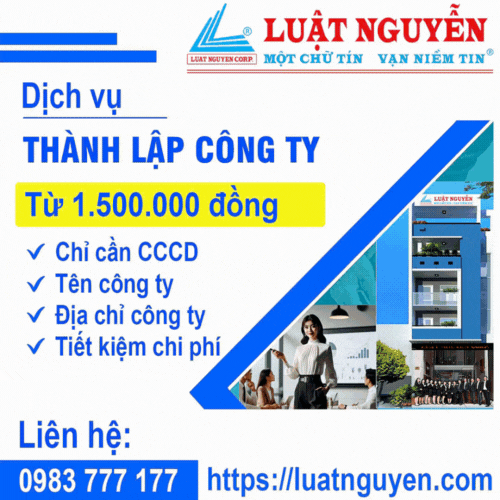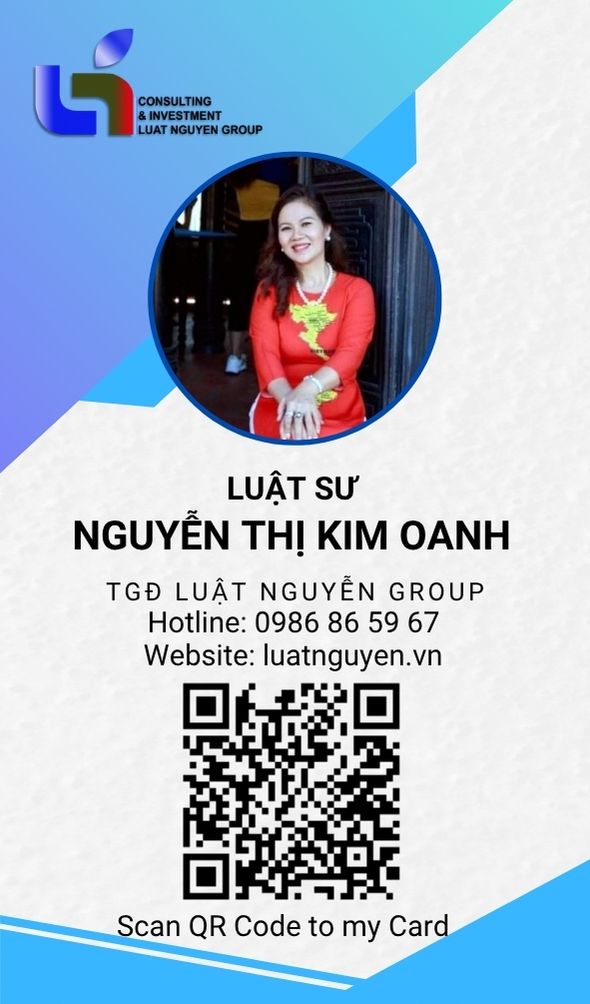Resolution 59 – Vietnam’s Compass for Global Integration
From isolation to deep integration
Over nearly four decades, Vietnam’s integration policy has evolved significantly. The 6th Party Congress took a cautious first step, prioritizing ties with socialist countries. By the 8th Congress, the doctrine of “diversification and multilateralization” allowed Vietnam to normalize relations with the United States and join ASEAN, ushering in a new era.

Subsequent resolutions, such as Resolution 07 (2001) and Resolution 22 (2013), formally established “international economic integration.” Resolution 59 now goes further: integration is not merely about accessing aid, but about equal partnership and contributing real value to the international community.
National strength as the pillar
Unlike earlier approaches, Resolution 59 emphasizes “domestic strength” as the anchor of integration. This extends beyond the economy to include industry, culture, security, and society. Vietnam must be a reliable partner, yet not compromise its identity or blindly follow international norms. Building domestic industries, standardizing products, and applying international values to everyday life are placed at the forefront.
In a complex global environment, the resolution underscores the importance of safeguarding sovereignty, security, and adherence to international law.
Challenges and the need for new thinking
Vietnam’s integration journey has revealed shortcomings: weak competitiveness of domestic firms, overreliance on FDI, transfer pricing, outdated technologies, and environmental concerns. Resolution 59 sets out seven strategic directions to overcome these obstacles, with a focus on institutional reform and enterprise capacity-building.
Central to this effort is the National Steering Committee on International Integration, chaired by the Prime Minister, which is expected to act as the “chief architect” in aligning domestic laws with global commitments.
Enterprises as the driving force
Private businesses are identified as a key engine of integration. The resolution highlights the need to strengthen their ability to meet international standards, tap into new markets such as the $2 trillion Halal industry, and diversify products starting from the domestic market.
Mobilizing social resources to review trade defense measures, improve early warning of international standards, and establish legal support funds for enterprises is also crucial. These mechanisms aim to reduce legal risks and boost confidence in strategic markets.
Cultural values – the soft power of integration
Resolution 59 stresses the importance of projecting Vietnam’s cultural identity while engaging globally. Culture is not only a foundation for integration but also a link connecting overseas Vietnamese with their homeland. Protecting and nurturing these values ensures stronger ties that mobilize contributions from the global Vietnamese community.
In summary, Resolution 59 is more than a foreign policy directive. It is Vietnam’s “compass for integration” in a new era, affirming that true integration rests on national strength, independence, and a proactive contribution to the international community.
Ý kiến bạn đọc
Những tin mới hơn
Những tin cũ hơn
GIỚI THIỆU VỀ CTY CP LUẬT NGUYỄN - LUẬT NGUYỄN GROUP
Từ những bước đi đầu tiên, Luật Nguyễn đã không ngừng nỗ lực để trở thành một trong những đơn vị tư vấn pháp lý hàng đầu tại Việt Nam, mang đến các giải pháp toàn diện, chuyên nghiệp và đáng tin cậy cho hàng ngàn khách hàng cá nhân và doanh nghiệp. LUẬT NGUYỄN - HÀNH TRÌNH XÂY DỰNG UY TÍN TỪ...
-
 Thông tư 200/2024: Hướng đi đột phá cho Kế toán Việt Nam – Tăng quyền tự chủ, tiệm cận Chuẩn mực Quốc tế
Thông tư 200/2024: Hướng đi đột phá cho Kế toán Việt Nam – Tăng quyền tự chủ, tiệm cận Chuẩn mực Quốc tế
-
 Tăng Gấp Đôi Mức Phạt Vi phạm Liên quan đến Thẻ Căn cước
Tăng Gấp Đôi Mức Phạt Vi phạm Liên quan đến Thẻ Căn cước
-
 Đề xuất Niêm phong Tang vật Vi phạm Hành chính: Hướng dẫn chi tiết Quy trình Bảo quản
Đề xuất Niêm phong Tang vật Vi phạm Hành chính: Hướng dẫn chi tiết Quy trình Bảo quản
-
 Đề xuất tăng ngưỡng kê khai tài sản chống tham nhũng lên 1 tỉ đồng
Đề xuất tăng ngưỡng kê khai tài sản chống tham nhũng lên 1 tỉ đồng
-
 NHNN Quyết Liệt "Ra Tay" Kiểm Soát Thị Trường Đôla "Chợ Đen" Trước Mức Chênh Lệch Kỷ Lục
NHNN Quyết Liệt "Ra Tay" Kiểm Soát Thị Trường Đôla "Chợ Đen" Trước Mức Chênh Lệch Kỷ Lục
- Đang truy cập215
- Máy chủ tìm kiếm2
- Khách viếng thăm213
- Hôm nay12,032
- Tháng hiện tại411,965
- Tổng lượt truy cập3,156,083
-
 Cập nhật địa chỉ trụ sở Công an cấp xã tại TPHCM sau sáp nhập
Cập nhật địa chỉ trụ sở Công an cấp xã tại TPHCM sau sáp nhập
-
 Thông tư 40/2021 :Quy định về nghĩa vụ thuế đối với hộ kinh doanh
Thông tư 40/2021 :Quy định về nghĩa vụ thuế đối với hộ kinh doanh
-
 Địa chỉ 19 Tòa án nhân dân (TAND) khu vực TP.HCM sau sáp nhập
Địa chỉ 19 Tòa án nhân dân (TAND) khu vực TP.HCM sau sáp nhập
-
 Hóa đơn GTGT xuất cho khách cá nhân có bắt buộc ghi CCCD?
Hóa đơn GTGT xuất cho khách cá nhân có bắt buộc ghi CCCD?
-
 Ngân 98 và lời khai trong vụ án sản xuất, buôn bán thực phẩm giả
Ngân 98 và lời khai trong vụ án sản xuất, buôn bán thực phẩm giả








